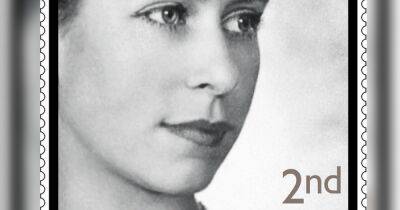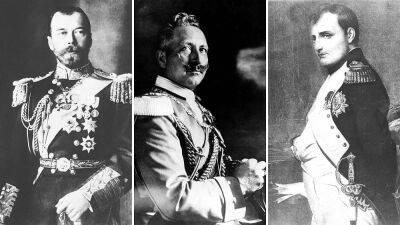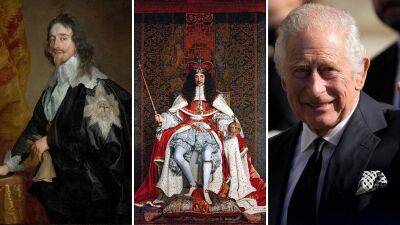The reason King Charles has added an R to the end of his signature - and why it's different to the Queen
King Charles III has now been officially and formally proclaimed monarch at the Accession Council, marking the first time he's used his new signature.
During the initial meeting, His Majesty's role and regal name were confirmed in front of the Privy Council and other dignitaries, including Queen Consort Camilla and heir to the throne Prince William. It also marked the first time that the traditional meeting was televised for the public to witness.
As part of the ceremony, the King followed a long-going tradition by signing the declaration with 'Charles R'. While Queen Elizabeth also placed an R at the end of her signature on official documents, the new King is doing it for a separate reason, the Mirror reports.
Read more: Tributes continue to pour in across the globe after death of the Queen
The letter stands for 'regina', meaning 'queen' in Latin, while for the King it stands for 'rex'. It has been a long-running tradition to use an R at the end of a monarch's signature as it helps to designate their sovereign position.
Henry I, who ruled during the 12th Century, signed all his official documents and formal letters in the same style. Despite this, there have been some exceptions to this, such as Queen Victoria who signed her documents with 'Victoria RI', standing for 'Rex Imperator' following her appointment as Empress of India.
Other notable exceptions include the late Prince Philip who only used his first name when signing documents.
As part of his personal declaration following the death of Britain's longest-reigning monarch, King Charles said: "I know how deeply you and the entire nation, and I think I may say the whole world, sympathise with me in this irreparable loss we have all suffered.
"Her reign was





